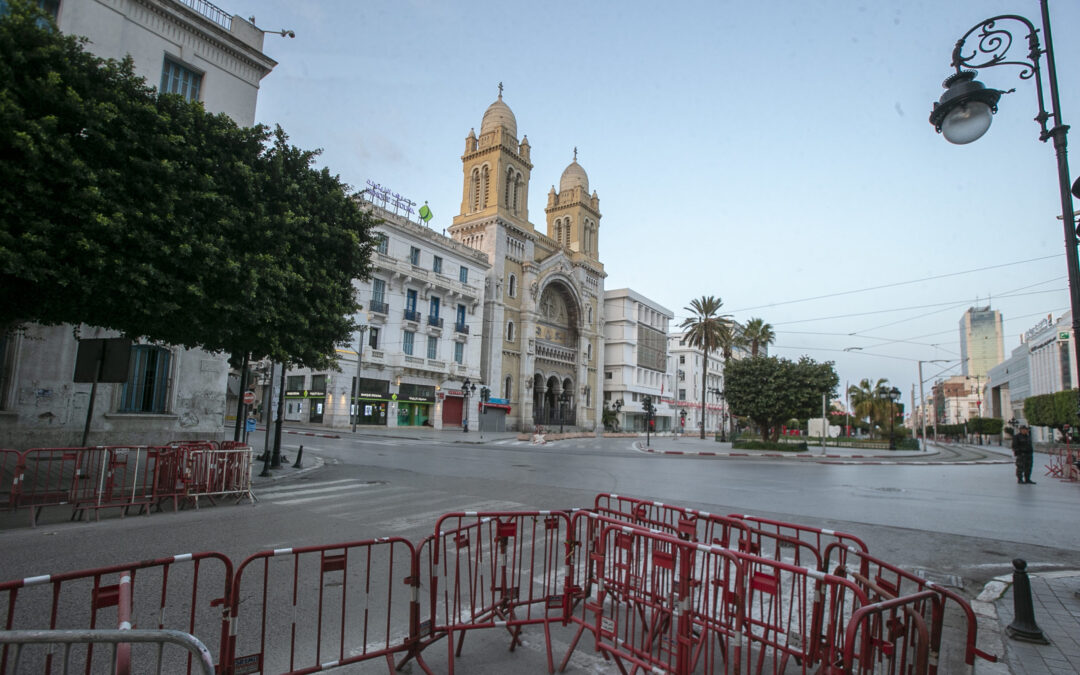
Jun 8, 2020
Tunisian authorities must protect the rights of the judiciary, the accused and other proceeding participants as judicial proceedings resume following COVID-19 lockdown, says the ICJ and Association des Magistrats Tunisiens in a briefing paper published today.
From 17 March 2020, the Tunisian President and executive authorities instituted exceptional measures to prevent and contain the spread of COVID-19, which included the suspension of judicial proceedings except for urgent matters, as well as work on all categories of cases by the prosecution, investigating judges and indictment chambers.
Subject to the Prime Minister’s national strategy, adopted on 2 May 2020, and a subsequent decision by the Minister of Justice, judicial proceedings are set to resume in full on 15 June 2020.
Prior to the adoption of a national strategy, the Prime Minister amended the Code of Criminal Procedure by Decree No. 2020-12 to permit remote hearings generally where the accused consents and, in situations of imminent danger or to prevent the contagion of a transmittable disease, irrespective of whether they consent.
Such developments raise concerns with respect to the modalities of proceedings and protection of all participants’ rights under international human rights law.
As Tunisia gradually lifts COVID-19 containment measures and judicial proceedings resume, Tunisian authorities must ensure that sufficient guarantees are put in place to protect the accused’s rights to liberty and a fair trial, victims’ right to an effective remedy and the judiciary and other proceeding participants’ rights to life, health and a safe and healthy working environment.
The briefing paper addresses these issues, submitting that:
- Tunisian authorities must adopt protective measures to ensure the rights to life, health and a safe and healthy working environment for all proceeding participants;
- Tunisian authorities should ensure remote hearings only occur where compliant with international law and standards governing criminal trials;
- Courts should remain available for urgent matters pending the adoption of protective measures; and
- Adjustments to the modalities of conducting trials should ensure the rights of the accused and victims are respected in Specialized Criminal Chambers’ proceedings.
Contact:
Kate Vigneswaran, Senior Legal Adviser, ICJ Middle East and North Africa Programme, t+31624894664 ; e: kate.vigneswaran(a)icj.org;
Anas Hmedi, President, Association des Magistrats Tunisiens: t +21698242625 ; e: anashmedi(a)gmail.com
Tunisia- judicial proceedings pandemic-Advocacy-briefing paper-2020-ENG (full briefing paper in PDF)
Tunisia- judicial proceedings pandemic-Advocacy-briefing paper-2020-ARA (full briefing paper, Arabic version, in PDF)
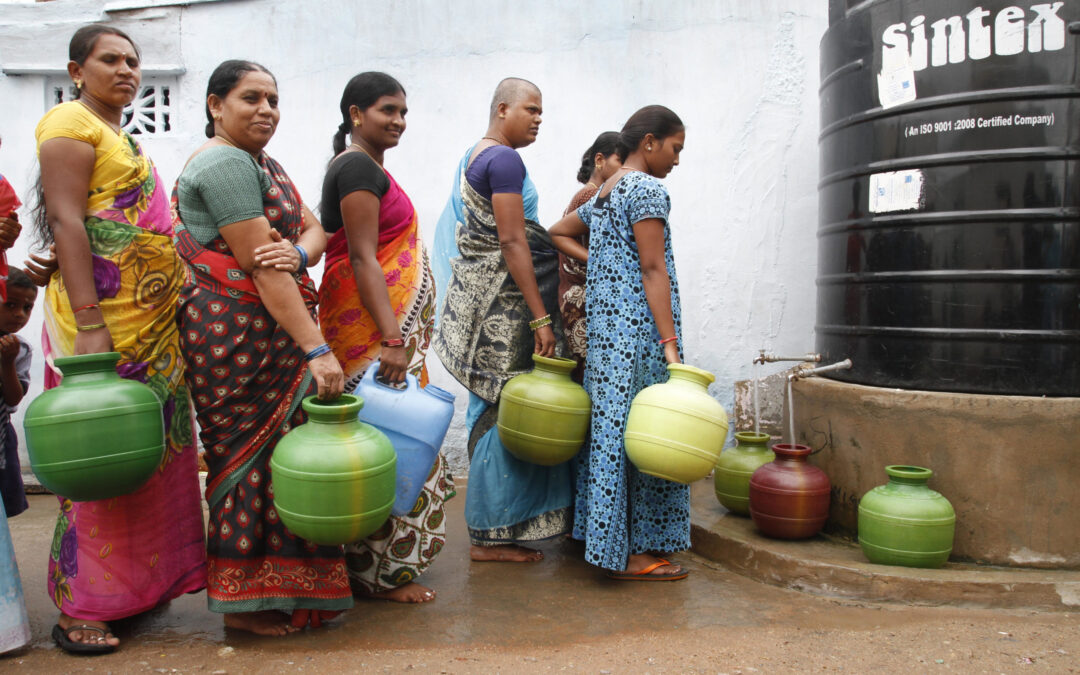
May 28, 2020
The Indian Government has fallen short of its obligations to guarantee the right to water during the COVID-19 pandemic, the ICJ said in a briefing paper released today.
There is the need for frequent hand washing to protect from, and prevent the spread of, COVID-19. However, for many people, particularly those living in poverty, water of adequate quality and quantity is either unavailable, inaccessible or only intermittently available. This increases the risk of transmission of COVID-19. Indian authorities’ failure to meet their obligations to address this situation results in violation of the rights to water and sanitation, life and health. It also presents a significant public health risk.
In a briefing paper, the ICJ answers the following questions in the context of some of the human rights concerns that have arisen as a consequence of lack of access to adequate water during the COVID-19 pandemic:
- What are the principal concerns regarding the right to water in India?
- What are India’s legal obligations to guarantee the right to water?
- What issues must the Indian authorities address to meet its obligation to guarantee the right to water during COVID-19?
- What does the International Commission of Jurists recommend?
The ICJ calls upon Indian authorities to undertake the following:
- Immediate and Emergency Water Provision:
- Urgently enact and implement enforceable policies and strategies on the provision of emergency water in all water-scarce areas for all people during the COVID-19 pandemic. Such access should be provided regardless of legal tenure, notification status of an informal settlement or any other factor or circumstance. In particular, this must include:
- Provision and cleaning of public hand-washing facilities, soap, other cleaning materials and hand sanitizer on a continuous basis during the COVID-19 pandemic;
- Clear instructions for state governments on the permissible means of providing water and a minimum quantity and quality of water to be provided per household;
- A waiver of water charges for all persons below a specified income level during the COVID-19 pandemic; and
- A cessation of all water disconnections during the COVID-19 pandemic.
- Legal Enforcement:
- Finalize the enactment of enforceable national legislation on access to water which is compliant with India’s obligations in terms of the right to water;
- In the absence of such a law, clarify the legally binding nature of advisories, policies, orders and guidelines issued in relation to access to water in general and access to emergency water during the COVID-19 pandemic in particular; and
- Create and ensure effective operation of water supply helpline for effective and prompt redress of grievances and responses to emergency water needs.
- Monitoring and Information Circulation
:
- Establish independent monitoring mechanisms, with effective participation by community members and civil society organizations, state human rights institutions, and other members as maybe deemed relevant by the Government; and
- Provide regular, accurate, evidence-based information on the spread of COVID-19 to the general public (including via public television and radio) on hygiene measures that are effective in curbing the spread of COVID-19.
Earlier, the ICJ has published briefing papers on the Right to Food and Right to Housing in India, on 27 April and 7 May respectively, urging India to take immediate steps to guard against the “hunger crisis” and “housing crisis”. The ICJ has also highlighted the human rights violations faced by stranded internal migrant workers in India
Infographic
Download the Right to Water Infographic here.
Contact
Download
India-Right-to-Water-COVID-19-Briefing-Paper-2020-ENG (PDF)
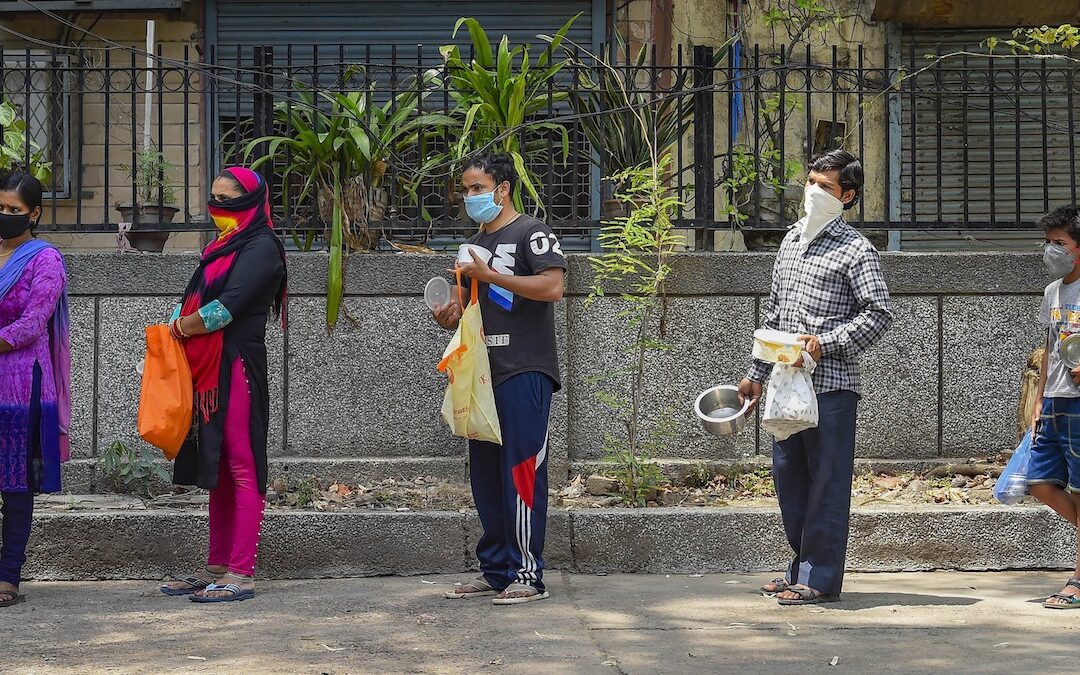
May 7, 2020
The Indian government has fallen short of its obligations to guarantee the right to housing during the COVID-19 pandemic, the ICJ said in a briefing paper released today.
Millions of people in India live in informal settlements with poor infrastructure and in overcrowded living conditions, which makes maintaining physical distance during the COVID-19 pandemic difficult, if not impossible. Internal migrant workers in particular have been stranded in informal settlements in urban locations far from their homes as has been previously highlighted by the ICJ. During most of the lockdown period from 22 March to 29 April, these workers could not travel home where they would have had easier access to food and other basic necessities. In a briefing paper on the Right to Food published on 27 April, the ICJ called on India to take immediate steps to guard against an impending “hunger crisis”.
Maitreyi Gupta, ICJ India International Legal Advisor says, “The right to housing and other human rights violations faced in particular by the poor due to the lockdown is massive. Its effects will be long-term. We urge the Government to take urgent steps to avert the housing crisis. The Government must prioritize housing with basic necessities in both rural areas and deprived urban areas. It must ensure basic necessities in quarantine facilities and shelter homes. Finally, the Government must guarantee that there are no undue restrictions on related human rights such as the right to movement and the right to livelihood among others.”
In a briefing paper, the ICJ answers the following questions in context of some of the human rights concerns that have arisen as a consequence of lack of access to adequate housing during the COVID-19 pandemic:
- What are the principal concerns regarding the right to housing in India?
- What are India’s legal obligations to guarantee the right to housing?
- What actions must the Government take to fulfill its obligation to guarantee the right to housing during COVID-19?
- What does the International Commission of Jurists recommend?
The ICJ calls upon India to undertake the following :-
- Direct provision and facilitation of accessing to housing
- Increase the number of shelters with appropriate facilities to accommodate homeless persons and informal sector workers who find themselves without accommodation during lockdown;
- Provide adequate emergency housing for homeless persons and daily wage workers who find themselves without accommodation, considering for instance use of vacant government buildings, community halls or other buildings with adequate space and services, including water, sanitation, and clean bedding; and
- Extend the rent moratorium at least until the lockdown ends, and take other measures such as providing financial assistance to landlords and property owners to ensure that the moratorium is implemented.
- Housing policy adjustments
- Immediately enact a moratorium on all forced evictions until at very least the end of the lockdown and other measures taken pursuant to the Disaster Management Act to combat COVID-19. No forced evictions of people from their homes should occur under any circumstances, regardless of who is being evicted or why.
- Legal enforcement of the right to housing
- Ensure that those labourers who are unlawfully evicted in violation of lockdown orders have recourse to legal remedies including compensation, reparation, and where necessary, provision of alternative adequate accommodation;
- Make public information about hotlines, shelter homes, and other mechanisms made available for domestic violence;
- Respond promptly and effectively to every case of domestic violence;
- Enforce applicable laws on domestic violence and non-discrimination in access to housing.
Infographic
Download the Right to Housing Infographic here.
Contact
Download
India-Right-to-Housing-COVID19-Briefing-Paper-2020-ENG (PDF)
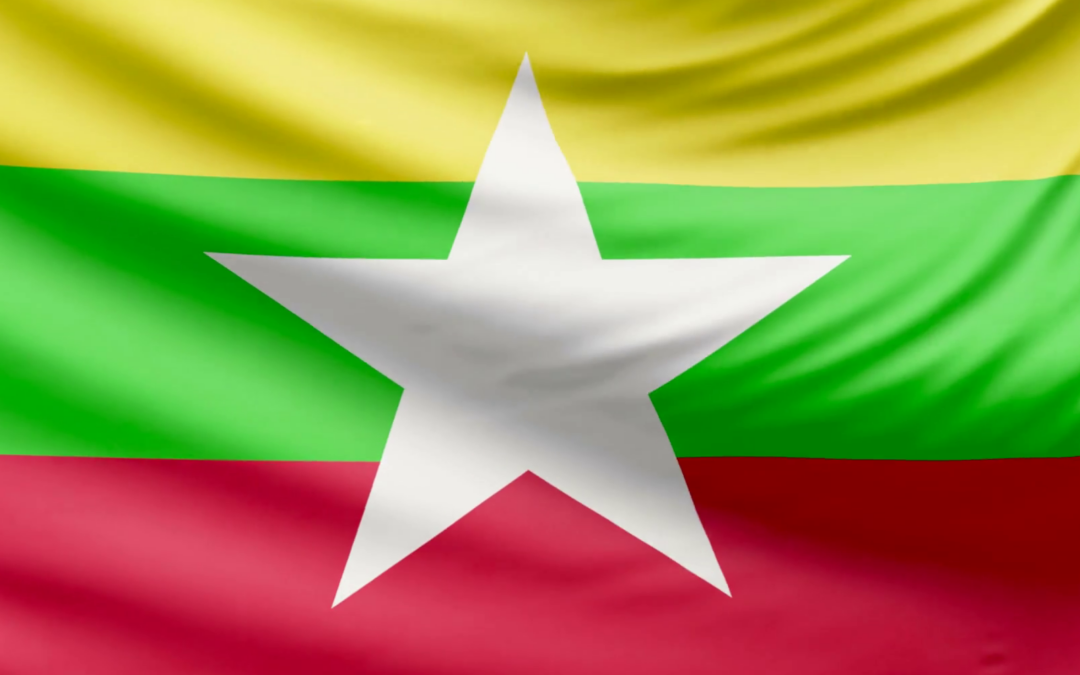
Apr 30, 2020
Today, the ICJ published a briefing paper entitled “COVID-19 and Human Rights: Upholding the Right to Health in Myanmar’s Conflict Areas.”
The briefing paper analyzes the ongoing Internet shutdown in Rakhine and Chin states through a right to health lens amid the COVID-19 pandemic, and its impact on Myanmar’s obligation to uphold the right to health under the International Covenant on Economic, Social and Cultural Rights. Myanmar became a party to the treaty in 2017.
The briefing paper also discusses the right to health and international humanitarian law implications of the attack against World Health Organization employees in Rakhine state in April 2020.
Questions answered include:
- What does the right to health guarantee?
- Who does the right to health protect?
- What are Myanmar’s obligations regarding the right to health?
- How is access to information important to upholding the right to health?
- Do these human rights obligations and protections apply in situations of armed conflict?
- How does the Internet shutdown in Rakhine and Chin states affect Myanmar’s obligation to uphold the right to health?
- What are the legal implications of attacks against medical personnel in areas of armed conflict?
Download
English
Burmese
Contact
Jenny Domino, ICJ Associate Legal Adviser, e: jenny.domino(a)icj.org
Related Work
Statement: Government must lift online restrictions in conflict-affected areas to ensure access to information during COVID-19
Report: Curtailing the Right to Freedom of Expression and Information in Myanmar
Publication: Questions and Answers on Human Rights Law in Rakhine State
Event: ICJ and Myanmar National Human Rights Commission Hold Forum on Economic, Social and Cultural Rights
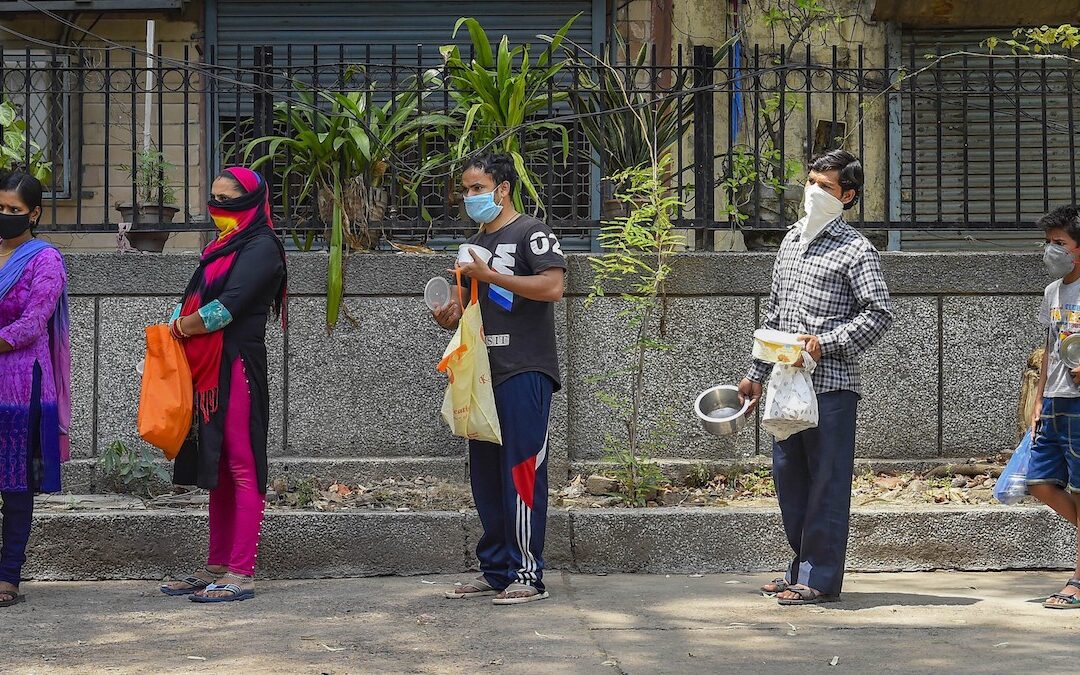
Apr 27, 2020
The Indian government has fallen short of its obligations to guarantee the right to food during the COVID-19 pandemic, the ICJ said in a briefing paper released today.
India went into voluntary quarantine on March 22 2020 and then a nationwide lockdown from March 24 2020. The Indian authorities have indicated that the lockdown will continue until at least May 3 2020. Informal sector workers, and others, who ordinarily survive on meager and unreliable daily wages, have lost access to regular income since March 22 2020 and have, at best, limited access to government support.
The Global Hunger Index 2019 ranks India as suffering from a “level of hunger that is serious”. As a result of COVID-19, an estimated 400 million informal sector workers in India “are at risk of falling deeper into poverty during the crisis” according to the International Labour Organization. COVID-19 has resulted in loss of livelihood for millions of people in India. Its impact has been particularly acute for informal sector workers, many of whom are internal migrant workers. Existing vulnerabilities to food insecurity in India are compounded by long-standing social and structural discrimination based on caste, religion and gender. Several million persons, including informal sector workers living in deprived urban and rural areas lack access to adequate food, as well as information about the availability of community kitchens.
The ICJ has previously called on the Indian government to ensure the protection of the rights of internal migrant workers, many of whom are stranded in intolerable conditions.
The briefing paper published by the ICJ sets out in question and answer format some of the human rights concerns that have arisen from the lockdown in the context of right to food for people living in poverty. It answers the following questions:
- What are the principal concerns regarding the right to food faced by people living in poverty in India since the COVID-19 lockdown started?
- What are India’s legal obligations to guarantee the right to food?
- What right to food issues does India’s COVID-19 response raise?
- What does the International Commission of Jurists recommend?
Infographic
Download the Right to Food Infographic here.
Contact
Maitreyi Gupta, ICJ India Legal Adviser, t: +91 77 560 28369 e: maitreyi.gupta(a)icj.org
Frederick Rawski, ICJ Asia-Pacific Director, t: +66 64 478 1121; e: frederick.rawski(a)icj.org
Download
India-Right-to-Food-COVID19-Briefing-Paper-2020-ENG (PDF)









